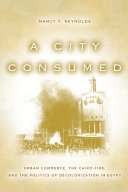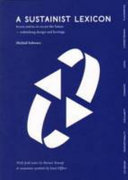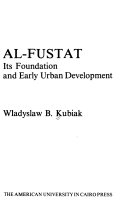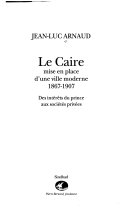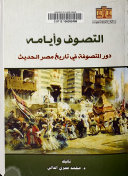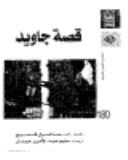People-Oriented Governance As A Tool For Successful Urban Upgrading Projects In Cairo
A Question Of Sustainability

Overview
Cairo, the wide metropolitan city is continuously suffering from urban deterioration and spread of informality. Consequently, lots of donor agencies (Public, Private, and NGOs) were triggered to collaborate within many urban upgrading projects. However, the sustainability of these projects remained a challenge; this is due to the absence of many stakeholders during or after the design and implementation phases, in addition to the lack of proper empowerment and capacity development of local community to govern and maintain their newly developed urban spaces. Thus, the credibility of such projects is critically questioned in this research. From this premise, this research postulates that the involved stakeholders within executed upgrading projects must consider the effective people-oriented methodologies in the design, implementation and post implementation of the urban upgrading projects; to ensure the sustainability of these projects. Hence, this paper aims at investigating success factors ad deficiencies within two implemented upgrading projects in Cairo, and the ability to apply set of governance procedures to counter such drawbacks. Thus, this research paper adopts three main methodologies: the first is reviewing literature on concepts of Urban Upgrading and Good Governance to figure out how to implement within different urban upgrading projects. Subsequently, the research demonstrates the conceptual framework for having people-oriented governance tools that enables the all influential stakeholders to effectively contribute ad collaborate. The second method is through focusing on the situation in Egypt and analyzing two major urban upgrading projects in Cairo, ‘Al Darb Al Ahmar’ and ‘Masaken Zainhom’, in which the research compares three urban development conditions: Prior the intervention, after the urban upgrading of the area, and finally the current status; to monitor the projects sustainability. Subsequently, the stakeholders participating in each of the three stages will be investigated. Later, the third analysis phase revolves around comparing both case studies simultaneously; to assess the overlapping governance factors contributing to success or failure of the project, and to map the replicated strategies threatening the sustainability of such urban upgrading projects in the context of Cairo. Finally, the research comes into a conclusion that people oriented governance is an important tool towards effective involvement of all relevant stakeholders. Ensuring such sense of ownership and collaboration leads to more sustainable upgrading projects.


